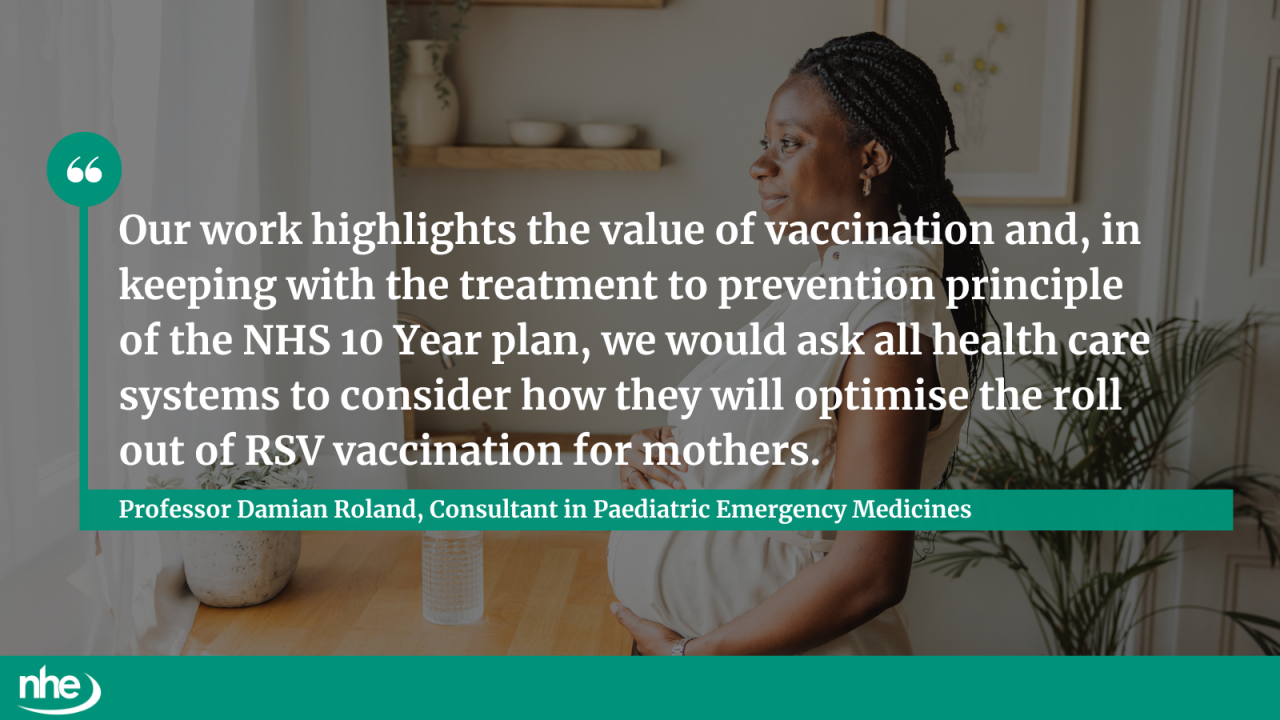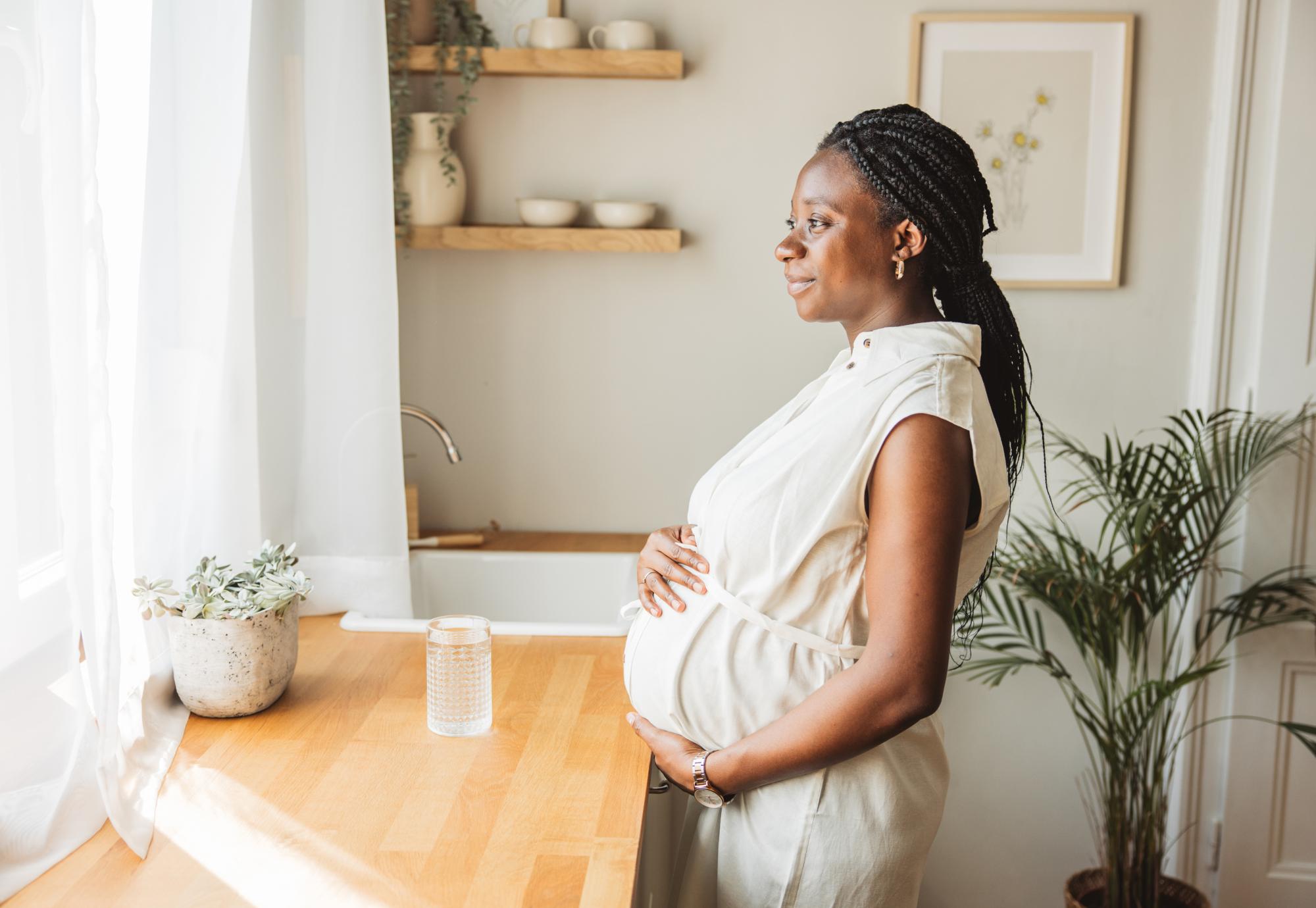A major UK study has revealed that vaccinating pregnant women against respiratory syncytial virus (RSV) has led to a 72% reduction in hospital admissions for newborns with the virus.
Funded by the National Institute for Health and Care Research, the study is the first to demonstrate the real-world effectiveness of the RSV vaccine introduced across the UK in late summer 2024. Researchers say the findings could help ease winter pressures on hospitals and protect thousands of babies from serious illness.
RSV is a common virus that causes coughs and colds but can lead to bronchiolitis, a severe lung infection in infants. It is the leading infectious cause of hospitalisation for babies in the UK and globally.
The vaccine works by stimulating the mother’s immune system to produce antibodies, which are passed to the fetus during pregnancy. These antibodies protect the baby for the first six months of life, when they are most vulnerable.
Dr Thomas Williams, Paediatric Consultant at the Royal Hospital for Children and Young People, commented:
“With the availability of an effective RSV vaccine shown to significantly reduce the risk of hospitalisation in young infants in the UK, there is an excellent opportunity for pregnant women to get vaccinated and protect themselves and their infants from RSV bronchiolitis this coming winter.”
Led by the Universities of Edinburgh and Leicester, the research team analysed data from 537 babies admitted to hospitals across England and Scotland during the winter of 2024–2025. Of these, 391 tested positive for RSV.
- 41% of mothers whose babies did not have RSV had received the vaccine
- Only 19% of mothers of RSV-positive babies had been vaccinated
- Vaccination more than 14 days before delivery offered the highest protection, reducing hospitalisation risk by 72%
- Vaccination at any time before birth still offered 58% protection
Despite the vaccine’s effectiveness, only half of expectant mothers in England and Scotland are currently receiving it. Experts recommend getting vaccinated from 28 weeks of pregnancy to maximise protection.
Consultant in Paediatric Emergency Medicine, Professor Damian Roland, also said:
“Our work highlights the value of vaccination and, in keeping with the treatment to prevention principle of the NHS 10 Year plan, we would ask all health care systems to consider how they will optimise the roll out of RSV vaccination for mothers.”

The study was a collaboration between Imperial College London, UCL, Queen’s University Belfast, and several other leading institutions, supported by the Wellcome Trust and the Innovative Medicines Initiative.
Image credit: iStock



















